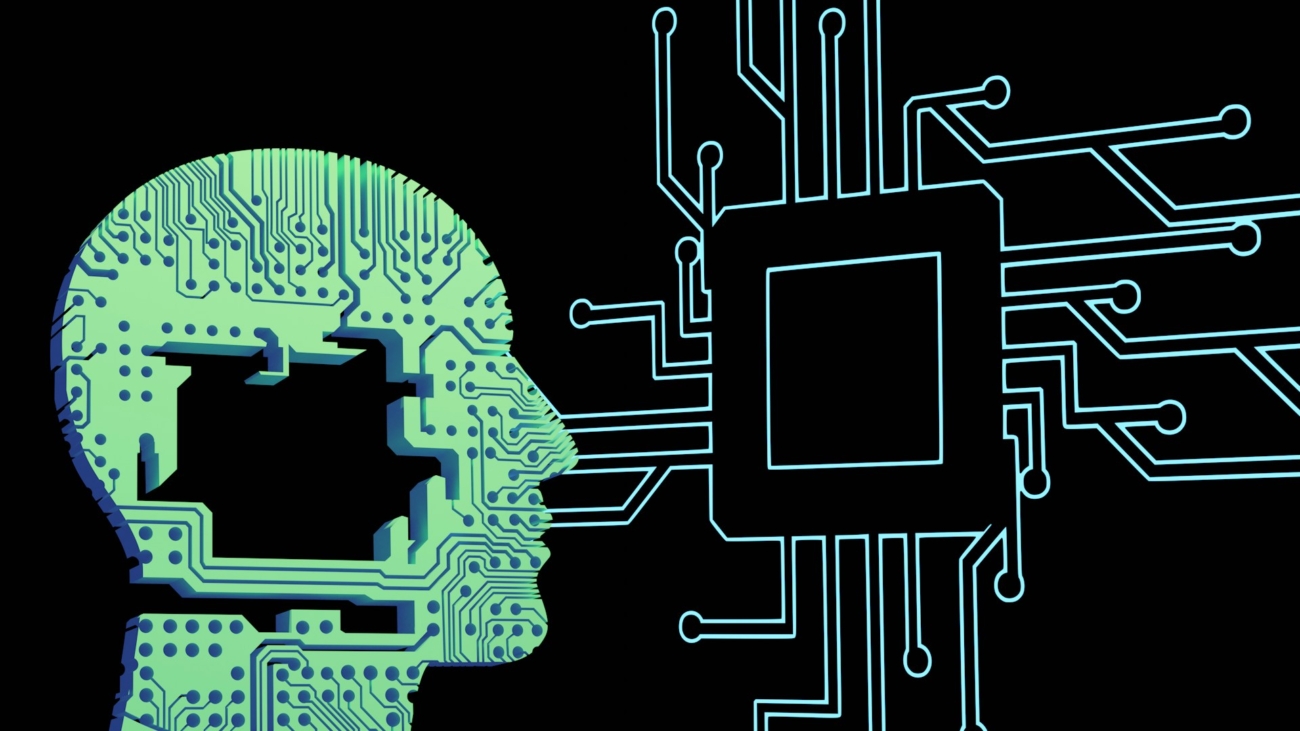In today’s rapidly evolving educational landscape, true learning competence is often overshadowed by the pressure to conform to trending career options, particularly in countries like India. Many students find themselves pursuing paths that do not align with their innate talents and interests, leading to dissatisfaction and underperformance in their professional lives. To address this, a shift in how we measure learning competence and guide career choices is essential. Implementing cognitive tests and AI-enabled personalized assessments over a period of three to four years can play a pivotal role in helping students discover their true potential and choose careers that are both productive and fulfilling.
Understanding Learning Competence
Learning competence encompasses a student’s ability to understand, retain, and apply knowledge effectively. It goes beyond rote memorization to include critical thinking, problem-solving, creativity, and adaptability. Traditional metrics such as grades and standardized test scores often fail to capture these dimensions of learning competence.
Measuring True Learning Competence
To accurately measure learning competence, a multi-faceted approach is necessary:
- Cognitive Assessments: Regular cognitive tests can evaluate various aspects of a student’s intellectual capabilities, including memory, reasoning, spatial awareness, and verbal skills. These tests provide insights into a student’s cognitive strengths and weaknesses.
- Skill-Based Evaluations: Assessments that focus on practical skills and real-world applications can better gauge a student’s ability to use their knowledge effectively. This includes project-based learning, simulations, and hands-on activities.
- Behavioral Observations: Teachers and mentors can observe students in different learning environments to assess attributes like curiosity, perseverance, and collaboration. These qualitative measures are crucial for a comprehensive understanding of learning competence.
- AI-Enabled Personalized Assessments: Artificial Intelligence can analyze a student’s performance data over time to identify patterns and provide personalized feedback. This continuous assessment helps in understanding a student’s learning trajectory and areas needing improvement.
Justifying Capacity for Good Careers
The capacity for a successful career is not solely determined by academic performance. It involves a combination of skills, interests, personality traits, and market demand. To justify a student’s potential for a good career, we must consider:
- Interest and Passion: Students are more likely to excel in careers that align with their interests and passions. Career counseling and psychometric tests can help identify these areas early on.
- Skill Alignment: Matching a student’s skills with career requirements ensures that they are well-prepared for the demands of their chosen field. Competency-based assessments can highlight the most suitable career paths.
- Market Trends and Opportunities: Awareness of emerging fields and industry demands can guide students toward careers with growth potential. Educators and counselors must stay informed about these trends to provide relevant guidance.
The Role of Cognitive Tests and AI-Enabled Personalized Assessments
Implementing cognitive tests and AI-enabled personalized assessments over a period of three to four years in schools can significantly aid in guiding students toward appropriate career paths.
Benefits of Regular Assessments
- Early Identification of Strengths and Weaknesses: Continuous assessments help in identifying a student’s cognitive strengths and areas for improvement early on. This allows for timely interventions and targeted support.
- Personalized Learning Plans: AI can analyze assessment data to create personalized learning plans tailored to each student’s needs. This individualized approach ensures that students receive the right kind of support and challenges to optimize their learning outcomes.
- Informed Career Guidance: Regular assessments provide a comprehensive profile of a student’s abilities and interests. Career counselors can use this data to offer more informed and personalized career advice, helping students choose paths that align with their true potential.
- Enhanced Motivation and Engagement: When students see that their unique talents and interests are being recognized and nurtured, they are more likely to stay motivated and engaged in their studies. This positive reinforcement boosts their overall learning competence and confidence.
Implementing the System
- Integrated Assessment Platforms: Schools should adopt integrated assessment platforms that combine cognitive tests, skill evaluations, and AI analytics. These platforms can provide a holistic view of each student’s development.
- Training for Educators: Teachers and counselors need training to interpret assessment data and use it effectively in their teaching and guidance practices. This ensures that the insights gained from assessments are translated into actionable strategies.
- Parental Involvement: Parents play a crucial role in supporting their child’s educational journey. Regular updates and workshops can help parents understand the importance of these assessments and how to support their child’s growth at home.
- Ethical Considerations: Ensuring data privacy and ethical use of AI in assessments is paramount. Schools must implement robust data protection measures and maintain transparency with students and parents regarding how the data is used.
Conclusion
By redefining how we measure learning competence and guide career choices, we can help students discover their true potential and pursue fulfilling careers. Cognitive tests and AI-enabled personalized assessments, implemented regularly over several years, offer a powerful tool for achieving this goal. In India, where the pressure to follow trending career options is immense, such a system can revolutionize education and career guidance, leading to a more satisfied and productive workforce. Embracing these innovations will not only benefit individual students but also contribute to the broader societal goal of unlocking human potential and fostering economic growth.

